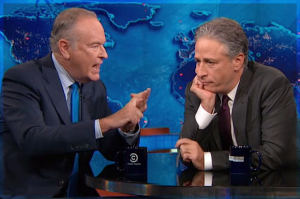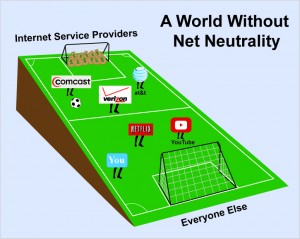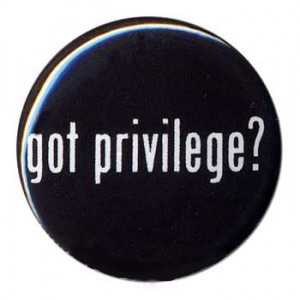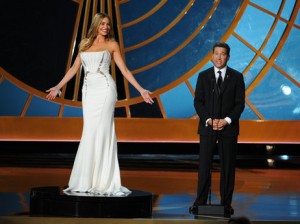Recently, I wrote how everyone (except for you and me) is prone to furious outbursts of racist invective at the slightest provocation.
That got me thinking about a related issue.
Namely, why are conservatives so quick to defend someone who spews racist, homophobic, or otherwise hateful speech?
After all, it wasn’t liberals who said, “Hey, that’s cool, Mr. Oldman. Tell us more about your sophisticated sociopolitical outlook.”

Nope, it’s primarily conservatives who say it’s no big deal, or that the First Amendment protects such language, or that it’s time to take a bold stand against the insidious forces of political correctness.
Now, I’ve written entire posts about how pulling out the First Amendment or bashing PC is a loser’s lament, so I’m not going to repeat those points here. And to be clear, there are plenty of conservative libertarians who support the right to free speech. Just as there are plenty of liberals who would like to see Bill O’Reilly legally forced to shut up. However, these perspectives are not so closely aligned with the general philosophy of right wing and left wing.
What I’m talking about here is your basic social conservative, particularly when it comes to hate speech. It is a bit disturbing how swiftly these individuals rush to defend — or even praise — idiotic, racist bullshit.
I would like to think conservatives are earnest lovers of the concept of free expression. However, in many cases, these are the same people who threaten legal action if someone says, “Happy Holidays” instead of “Merry Christmas.” And remember back during the Iraq War, when up to 40 percent of conservatives believed that protests against the conflict should not be allowed (and that was constitutionally protected free speech, no less).
In fact, there is some evidence that this issue pops up in the ultimate justice-is-blind venue: the US Supreme Court. A recent study found that “liberal justices are (overall) more supportive of free speech claims than conservative justices,” and that “conservatives on the court are far more inclined to bias than their more liberal colleagues.”
Conservatives have historically shown little love for the idea of allowing people to speak their mind, and in truth, live and let live is not traditionally associated with the conservative movement. Whether it is gays getting married, or a mosque being built down the block, or some anarchist burning an American flag, there are usually conservatives there denouncing and demanding and denigrating. Rarely do you hear a Fox news anchor defend such actions.
But if some washed-up action star says that Mexicans are wetbacks, then conservatives abruptly clutch the flag to their chests and say, “It’s his right, damn it.”
But once again, we have to ask, why is this?
Well, maybe it’s because defending morons gives conservatives the perfect opportunity to appear principled and astute. Or maybe it’s because so many of their heroes are actually, well, racists. Or maybe it’s because these comments reveal what so many of them are really thinking.
Damn, I hope it’s not that last one.














